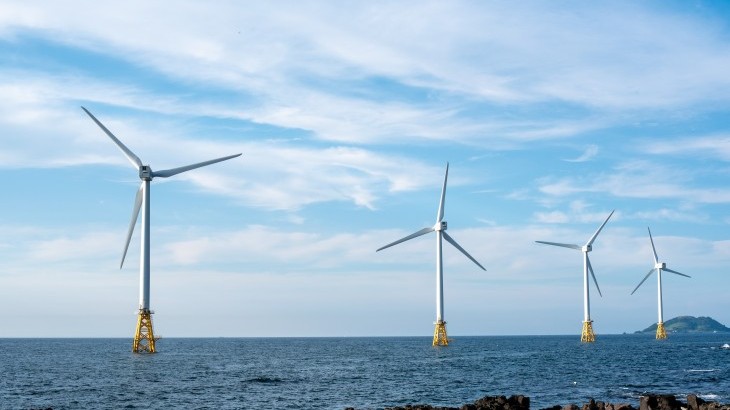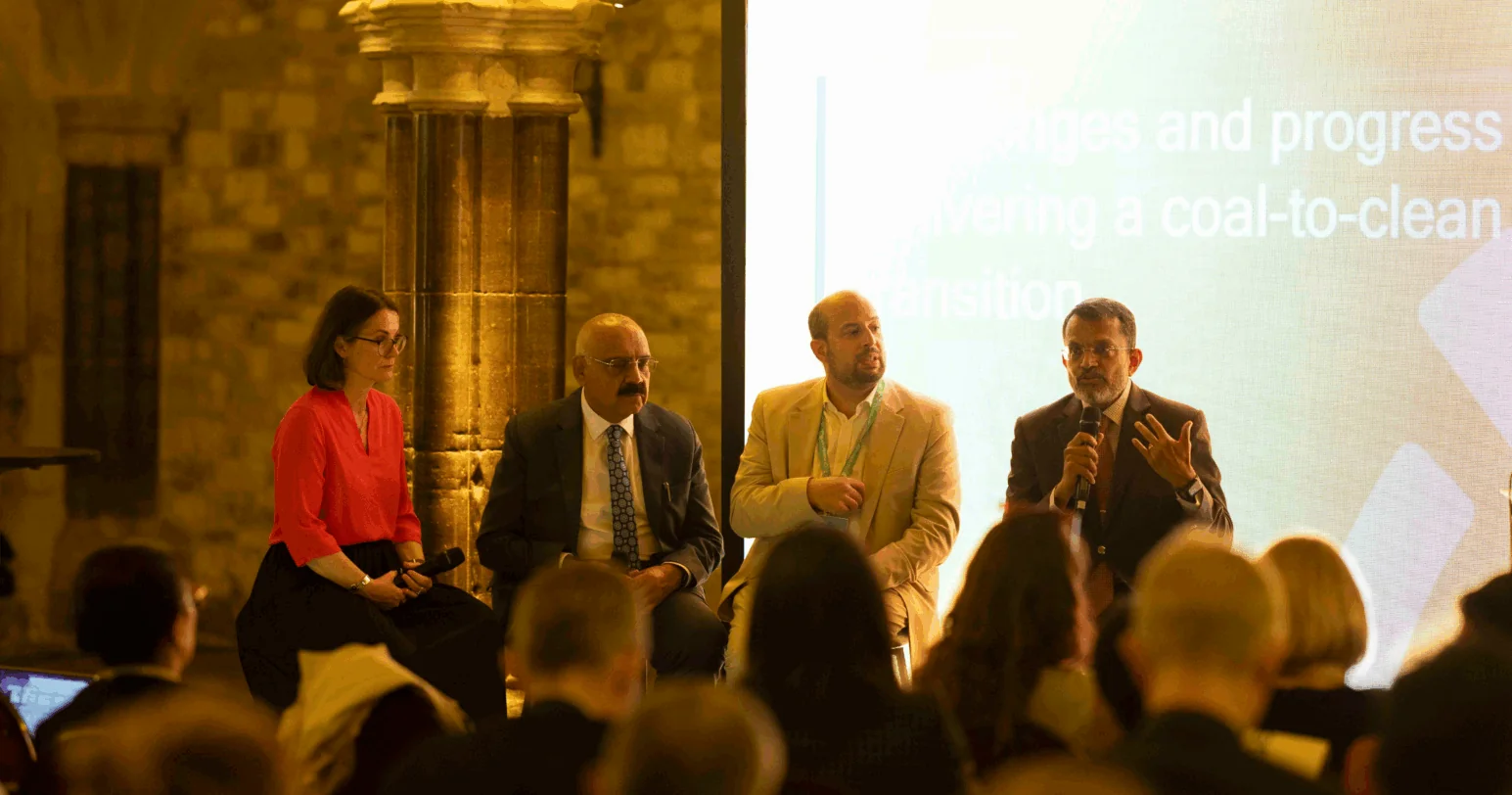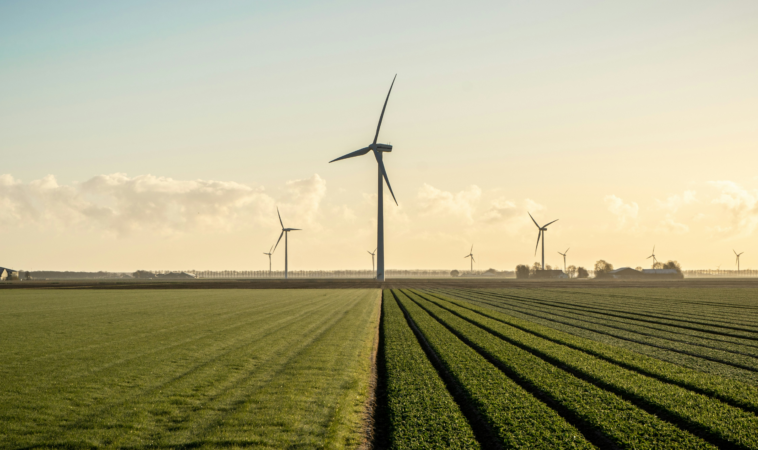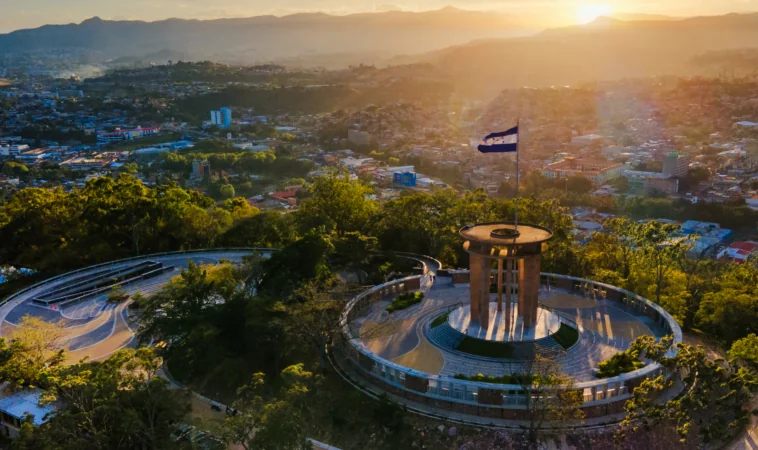
On 8 and 9 September, South Korean province South Chungcheong (Chungnam), PPCA member since 2018, hosted its annual International Conference on Coal Phase-out & Response to the Climate Crisis.

This year’s gathering brought together Korean policymakers, companies, experts and residents, as well as representatives of international organisations and other governments to share experiences and best practices in phasing out coal-fired power plants. The conference also sought to strengthen mutual assistance and cooperation in achieving carbon neutrality in the Republic of Korea and beyond, across Asia.
A critical moment for climate action in South Korea
Chungnam’s conference came at crunch time. Korean policymakers made a good deal of progress in developing a ‘2050 Carbon Neutrality Scenario’ and a new 2030 climate target, aiming to finalise both ahead of the UN Climate Summit COP26 in November. In August, a presidential advisory committee unveiled three different long-term scenarios to achieve net zero emissions, which included a proposal to eliminate all coal and gas power generation by 2050. Last week, the Korean parliament adopted a 2030 target of at least 35% emission reductions (below 2018 levels), indicating that the president can further raise the figure through a presidential decree. Science shows an increase would be necessary to align the target with 1.5°C.
This week’s ‘International Conference on Coal Phase-out & Response to the Climate Crisis’ aimed to build consensus for greater climate action at home and abroad, by advancing phase-out of coal power plants. Chungnam’s coal phase-out policies, including to reduce the lifespan and start early retirement of coal units, form a cornerstone of its 2050 Carbon Neutrality Strategy. At the national level, an ambitious coal phase-out commitment would be the most cost-effective choice to deliver carbon neutrality by 2050 and a new, higher 2030 target.
Chungnam drives Korea’s transition to carbon neutrality
Chungnam’s annual conference has set many precedents for Korea’s climate change policy discussions in the past. In 2017, it was the first ever international conference on the transition away from coal power in Asia. In 2018, the province used the event to commit to phasing out coal power by joining the Past Powering Coal Alliance (PPCA), as the first subnational government in Asia. The commitment was a breakthrough, as Chungnam hosts nearly half of South Korea’s coal capacity and, as a result, is the largest emitter of greenhouse gas emissions in the country. Encouraged by Chungnam’s example, seven more South Korean cities and provinces have joined the PPCA since, covering 80% of the country’s coal generation.
At the 2019 conference, the province became the first East Asian local government to declare a climate emergency and announced its goal to achieve carbon neutrality by 2050, one year ahead of the national government. According to Chungnam Governor Yang, “To deliver on 2050 carbon neutrality, Chungnam will develop a 2050 net-zero strategy which includes mitigation and adaptation targets and launch a provincial Carbon Neutrality Committee.” Finally, last year, Chungnam announced an initiative of 56 subnational administrations to add “coal phase-out” as a criterion for selecting banks to deposit funds. The initiative has subsequently been spread throughout the country, and now includes 69 administrations with US$ 200 billion worth of annual funds. It diverted significant capital flows away from the coal power investments and spurred the Korean government to ban new public financial support for overseas coal-fired power investments in April this year.
The first country in Asia to join the PPCA?
This year, the conference paved the way for an ambitious coal phase-out commitment at the national level ahead of COP26. In line with the most recent climate science, the OECD countries, including South Korea, must immediately stop construction of any new coal power plants and phase out coal power generation by 2030. Such an announcement would cement the country’s role as the leading nation in Asia on green growth and climate action and support its candidacy to host COP28. It would also mean that the Republic of Korea could become the first country in Asia to join the PPCA.
Learn more about Chungnam’s coal phase-out efforts from Governor Yang’s presentation ‘Policies and Practices of Chungcheongnam-do Towards Carbon Neutrality’ at the P4G Seoul Summit in May 2021:
Download





